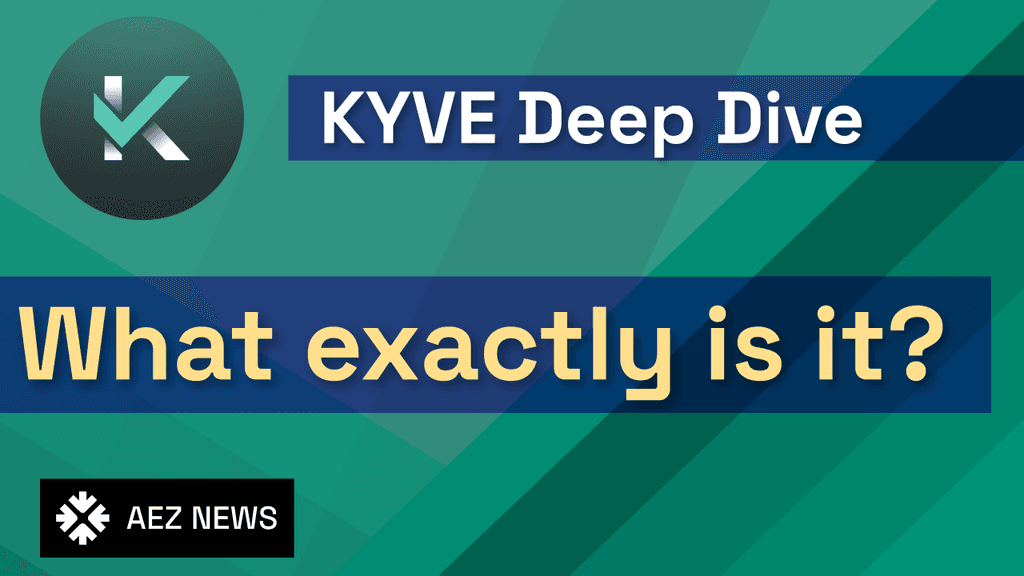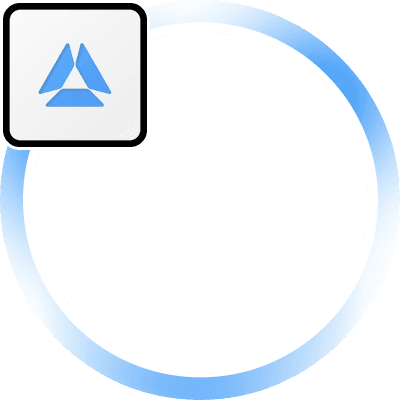Core Features
-
Zero-Knowledge Proofs:
- DOP utilizes zero-knowledge proofs to enable users to verify data without revealing the data itself. This allows for privacy-preserving transactions and selective disclosure of information, ensuring that users have control over what data they share and with whom.
-
Selective Transparency:
- Unlike traditional blockchains that require full transparency, DOP allows users to selectively disclose their holdings, transactions, and activity details. This feature helps protect users from risks associated with over-transparency, such as front-running, whale-watching, and phishing attacks.
-
Integration with Ethereum







